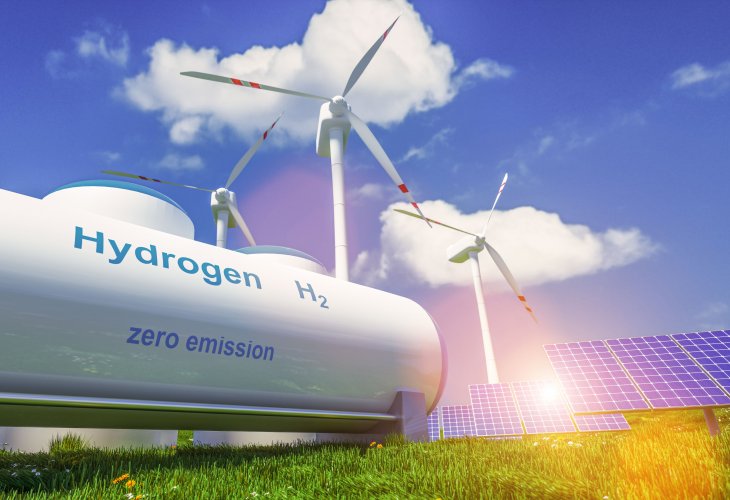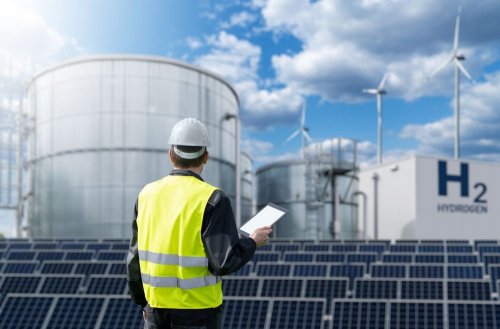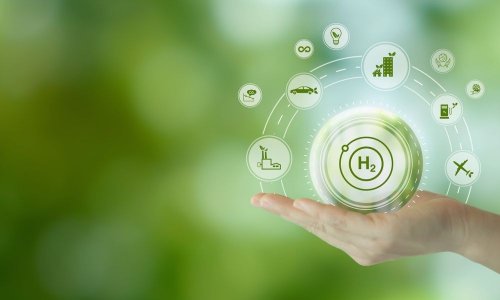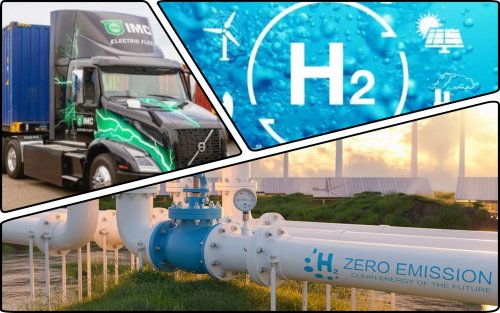Research of the University of Cologne showed that Germany may not meet its hydrogen goals by 2030, as investors are put off by lawmakers' unclear strategy for green fuel.
Planned projects will be able to provide only 5.6 gigawatts of capacity by the end of the decade, and the target figure is 10 GW, reports Bloomberg.
Currently, hydrogen production capacity using renewable energy is only 0.95 gigawatts.
The article noted that the country is planning subsidies to stimulate the transition to green hydrogen. H2 is considered a key solution to overcoming fossil fuel dependence, decarbonizing industry and transport, and achieving Germany's climate goals.
However, the researchers found that there is no agreed definition of fuel in the European Union, which limits investment decisions, as operators do not know whether their plants meet the criteria.
Specialists of the German energy company EON have warned that investments in network infrastructure may be confused by the draft EU proposals to include hydrogen in the rules of the gas market. Thus, the European Commission plans to separate hydrogen networks from gas network operators and separate the business of energy production and supply.
"It should be possible to keep gas and hydrogen networks under one company," said EON board member Patrick Lammers. "Otherwise, gas network operators will lose incentives to repurpose their infrastructure for hydrogen."
The article noted that such a proposal by the EU is still being discussed.
Earlier, EcoPolitic wrote, that new the German government was exposed for the intervention in 2021 to the activities of the European Commission to influence EU legislation regulating the production of renewable hydrogen.
As EcoPolitic previously reported, in Germany, the company for the production of special chemicals Evonik is developing an anionic conductor membrane for cheap production of green hydrogen.





